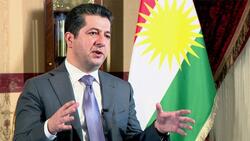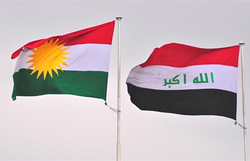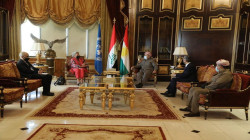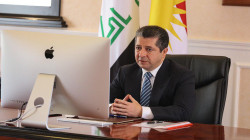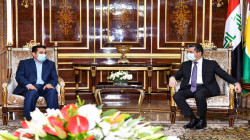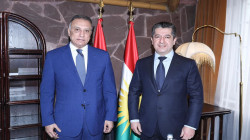PM Barzani urges chief justice, IHEC, and UNAMI to curb violations of minorities' representation
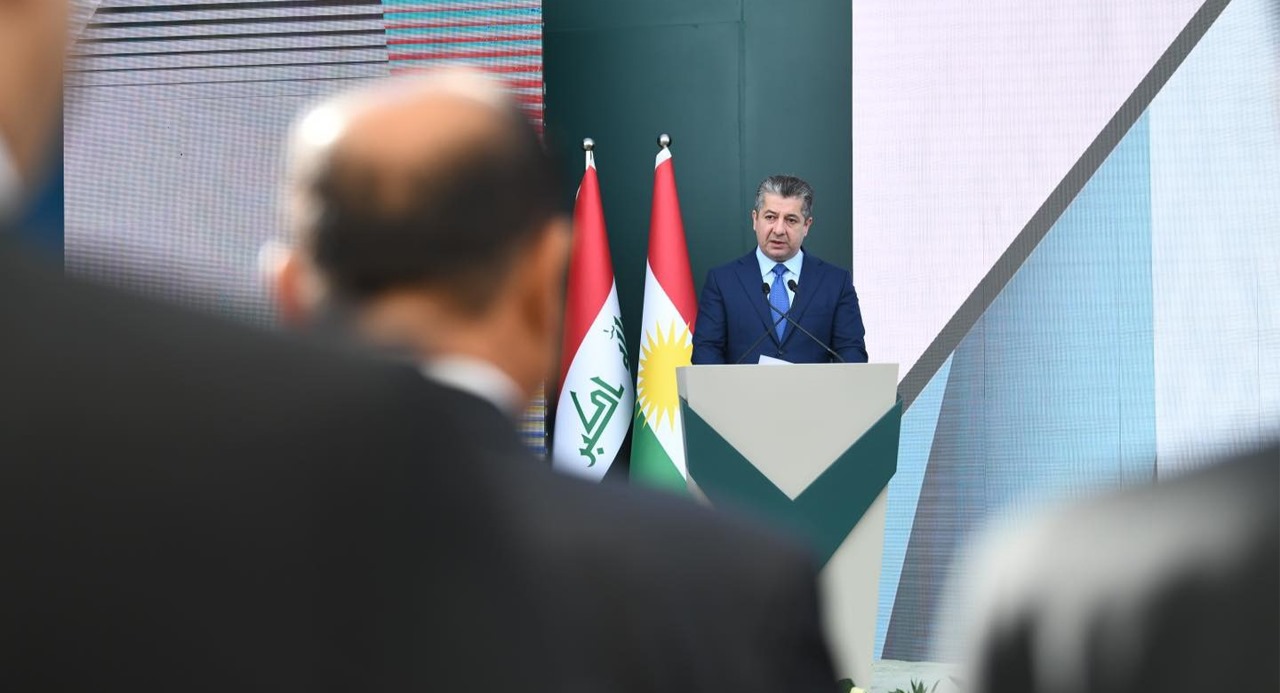
Shafaq News/ The Prime Minister of the Kurdistan Regional Government (KRG), Masrour Barzani, on Saturday reiterated his administration's commitment to safeguarding the rights of minority groups in the region.
A press release by his bureau said that Prime Minister Barzani raised this issue in letters he sent to Iraq's chief justice and head of election commission (IHEC), in addition to the special representative of the UN secretary-general in the country.
The prime minister, according to the press release, expressed deep concern over attempts to manipulate electoral processes and disrupt the political representation of minorities.
Barzani demanded a halt to such actions, reiterating the KRG's rejection of any form of discrimination or exclusion based on ethnicity or religion.
He said that this principle applies to "all citizens in the [Kurdistan] region and the entire country."
Ethnic and religious minorities are given official quotas in every election in Iraq. While the given seats are limited to certain numbers, some of the minorities do not have any quotas. Although the quota system in theory is meant to secure minority representation, in practice, the minority quota are considered as bonus seats used by the dominant parties to gain extra sway.
Taking advantage of the loophole in the quota system, dominant parties can mobilize their masses to vote an affiliated minority candidate for political allegiance. However, the instrumentalization of the minority quotas only help the dominant parties gain more seats, while this process clearly undermines the minority representation, leading to further fragmentation within those communities and eroding the already weakened faith in the democratic elections.
After years of delay, federal Iraq is finally set to hold local elections on December 18. These elections will pick new members for the provincial (or governorate) councils, who in turn will select governors and form local governments. It has been more than ten years since these elections were last held on April 20, 2013.
Much has changed in national and local politics since then, making these polls significant in terms of assessing party standings. In fact, three parliamentary elections have taken place since the last provincial vote. The councils were dissolved in October 2019, so local politics are completely out of sync with the national scene.
Some parties did not exist in 2013 but have gained great power over the last few years. Other parties were powerful in 2013, but have almost been wiped out in the intervening years. Added to this, governors have held power with almost no oversight since late 2019, making these elections absolutely necessary for reforming local government.
Official data showed that 16,158,788 registered voters across the fifteen federal governorates will participate in this election cycle, according to the final electoral roll managed by IHEC, the body tasked with conducting elections in Iraq. In the Kurdistan region, 3,641,566 citizens are eligible to vote.Several million adult citizens have failed to update their biometric information, mainly due to apathy, and will not be able to vote.
Voting will take place at 38,040 centers. A total of 6,022 candidates are running, the vast majority of them under the banner of one of 68 parties, coalitions, and electoral alliances approved by IHEC. There are 275 governorate council seats available, with only ten additional quota seats reserved for minorities.
